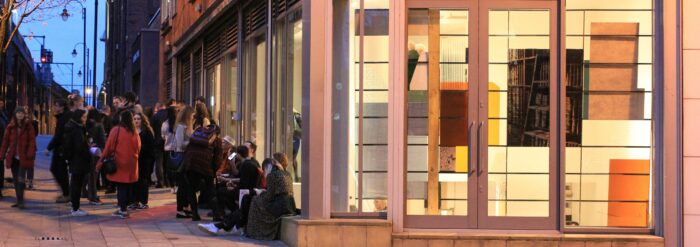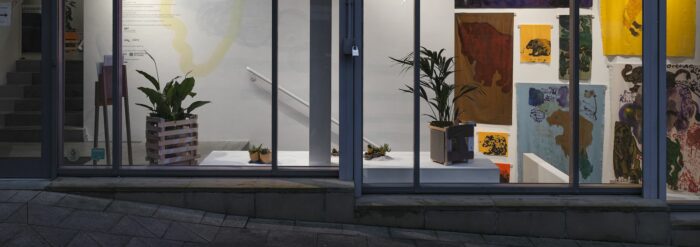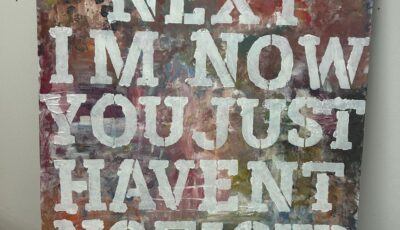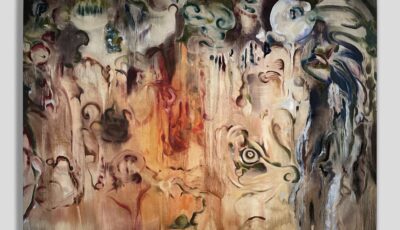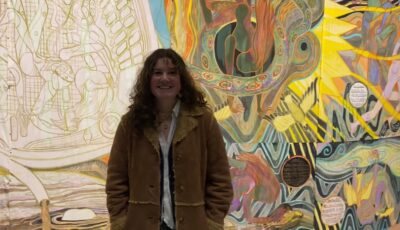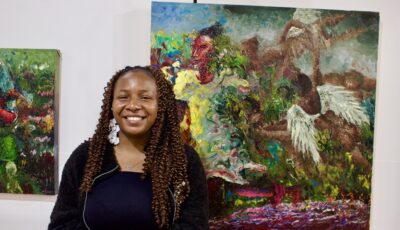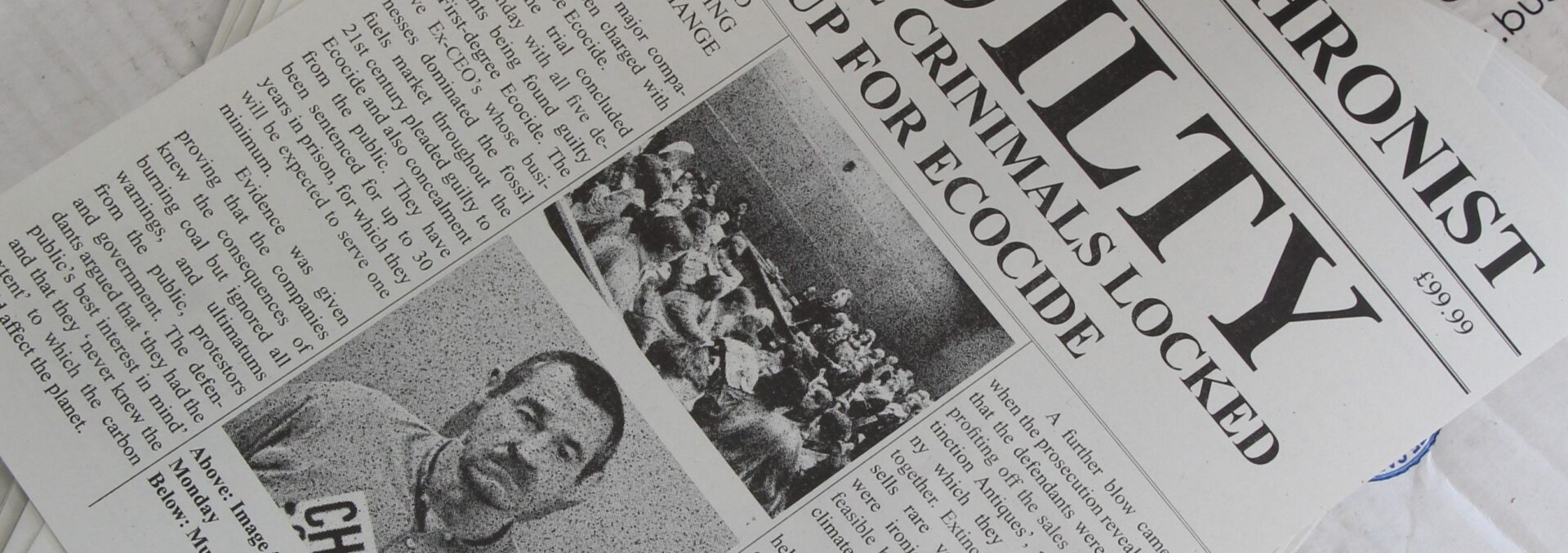
Meet the artists from our graduates support programmes: Lucy Roberts
Posted on 30 May 2025
For this series, Maariya Daud, who undertook a placement at Castlefield Gallery, interviewed the artists from our graduates support programmes. Today we are meeting Lucy Roberts.
Lucy Roberts is one of the 2023-24 Manchester School of Art Castlefield Gallery Graduate Mentees. She is interested in durational relationships between humans, timelines and their environments.
Who have you been mentored by to date, what do you like about them?
My mentor is Laura Clarke, head of Programme at Site Gallery, Sheffield. I like how involved Laura is in social and cultural practices and her broad experience, including working with a variety of artists and on many grant applications, has been really beneficial for my development. A typical session involves meeting at Site Gallery and either exploring the relevant community-focussed art spaces in Sheffield, looking over my most recent work, or looking over applications for grants or potential opportunities I could become involved in. During my first session we explored the work at Arts Catalyst and Soft Ground and I left the session feeling very inspired to begin initiating my own projects. Laura is extremely helping in finding relevant suggestions for applications, artists to research and our sessions usually end with us comparing reading or podcast recommendations. Laura’s podcast recommendations are top notch!
Who (or what) has been the biggest influence on your art to date – and its style?
Over the past year, I have found that I work best in what I like to call ‘eras’. I enjoy using different media to explore the themes of ecology, our relationships with time, and our prospective futures in focussed periods. I am always trying to label my practice and I often find myself trying to separate my work into sections. For example my zine practice, my critical work and then the socially-engaged workshops I do. I don’t think there was a decisive moment where I thought that my practice does actually fall under one extensive umbrella, it’s just been a process of self analysis over the course of the past year. The mentorship has aided this process and the variety of people I have had the opportunity to speak to has accelerated this. Compared to a year ago, I now have a good strong network of people I can talk to; people for critical feedback and application advice. The themes of my artwork have shifted slightly from analysing value systems to looking at deep time and our geological future, but I still carry out similar processes to create immersive and multidisciplinary experiences.
What is your most successful work of yours to date? Was there a long process behind it, a thought process perhaps?
My biggest challenge after finishing university was trying to adapt my practice to fit around my work schedule and keep the momentum for making when I was no longer surrounded by my peers every day. The Castlefield Gallery Mentorship as a whole has been very beneficial for keeping me motivated, having regular check-ins and opportunities to make new connections and also reconnect with the other mentees and scholars throughout the year. Although I was quite slow in the beginning to find the creative balance, I have now found a better schedule which suits me. At first I felt pressure to get a studio space and be creative everyday – however, this doesn’t suit everyone. Now, when I am being spontaneously creative, I am more productive as a result.
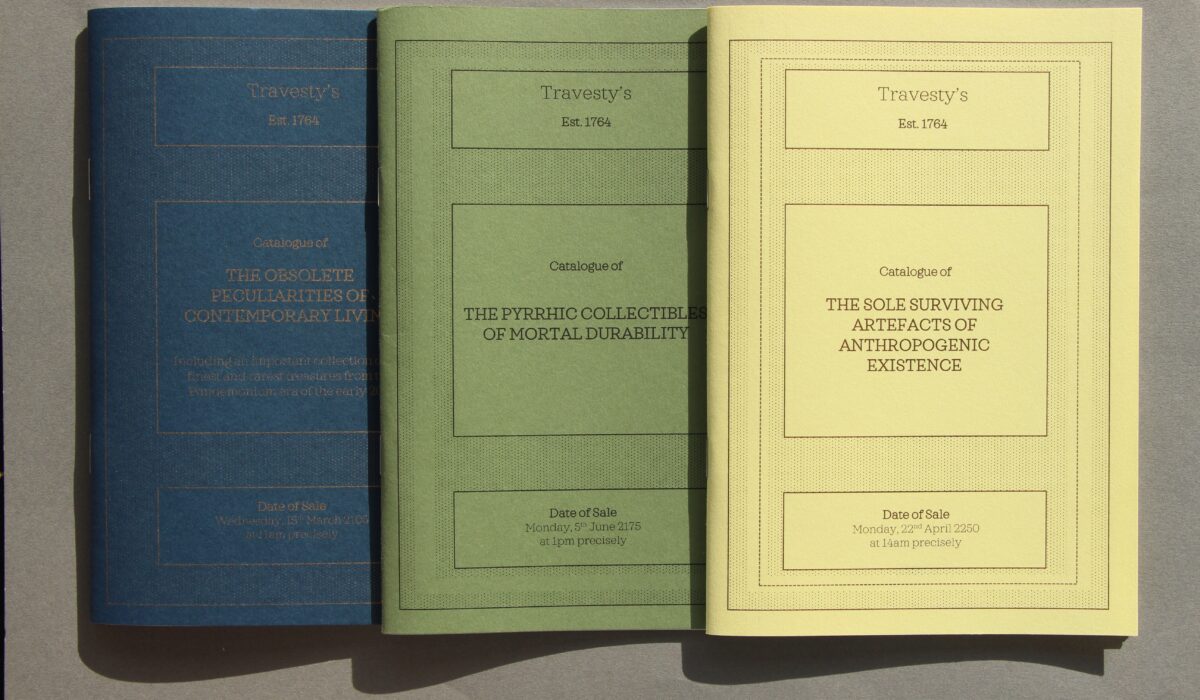
How do you feel about your art now, compared to a year ago? How has the mentorship programme changed the way you view your art?
Through the Mentorship I’ve definitely gained more confidence when applying to open calls, grants, and trying new practices. I have also become more efficient with my writing, knowing which professional criteria I need to hit and understanding the application processes better. But most of all, compared to a year ago, my motivation to continue making is much stronger. I am a lot better at self-guided work than I was when I first left uni, and I anticipate developing and exhibiting both my artwork and my own workshop series.
What are your plans after the programme? How has it shaped who you are, and where you want to take your art?
I have recently started working in a school running art lessons and leading workshops for a well-being arts organisation both opportunities which I feel the Mentorship has help me build up the skills to be successful in. Although I started looking at socially engaged practice whilst at university I always struggled to picture it developing into fully formed projects. However, now I have physical practice at working with people outside of a gallery setting, I can see where I can take these types of project and I’m much more confident in facilitation.
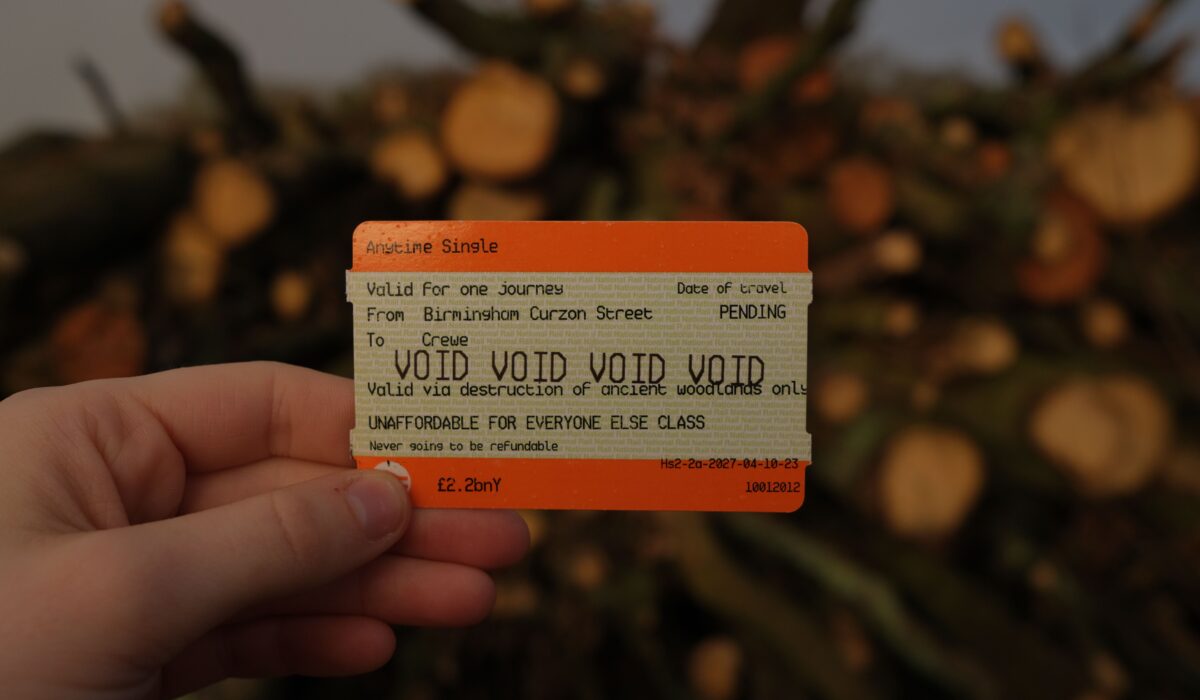
Links
Website
lucyrobertsart.wixsite.comImages
Banner:
- Lucy Roberts, The Anachronist, 2023.
From top to bottom:
- Lucy Roberts, Travesty’s Auction Catalogues, 2023.
- Lucy Roberts, VOID, 2023.
